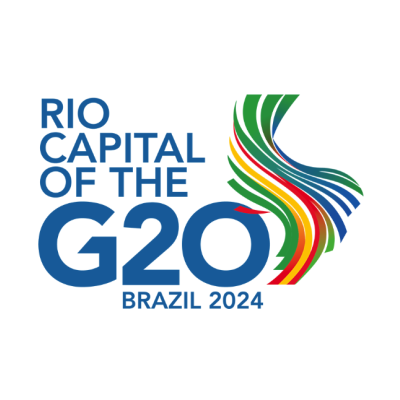
G20 Commitments to Culture
The heads of state of the G20 group* met at the G20 Leaders’ Summit in Rio de Janeiro on 18 - 19 November. The final Declaration includes a paragraph on culture, which:
- Recognises the role of culture in sustainable development, highlighting its power in ‘fostering a more sustainable world, in all dimensions and from all perspectives’.
- Acknowledges the intrinsic value of culture, as well as its role in nurturing solidarity and dialogue.
- Affirms the importance of the full exercise of cultural rights, while addressing racism, discrimination, and prejudice.
- Calls on all countries to strengthen dialogue on artistic freedom, ‘online and offline, in accordance with intellectual property rights frameworks and international labor standards’.
- Urges the enhancement of fair pay and decent working conditions.
- Encourages global engagement in discussions on copyright and related rights in the digital environment, as well as the impacts of AI on copyright holders.
This document reflects only a fraction of the commitments made in the Declaration signed on 8 November by the G20 countries’ ministries of culture. That earlier Declaration highlighted the role of culture ‘as an enabler and driver for sustainable development’ and its potential to contribute directly and indirectly to the implementation of the Sustainable Development Goals.
Among other things, the ministers of culture called for adequate public investment in the protection and promotion of culture. Unfortunately, this specific appeal was not reflected in the G20 Leaders' final document.
You can find the documents here:
G20 Rio de Janeiro Leaders’ Declaration
G20 Salvador da Bahia Declaration of the Ministers of Culture
*The G20 comprises 19 countries (Argentina, Australia, Brazil, Canada, China, France, Germany, India, Indonesia, Italy, Japan, Republic of Korea, Mexico, Russia, Saudi Arabia, South Africa, Türkiye, United Kingdom and United States) and two regional bodies: the European Union and the African Union.
